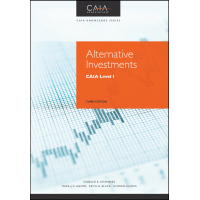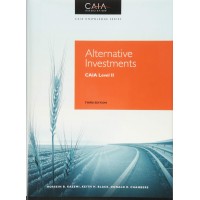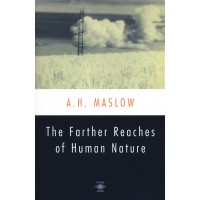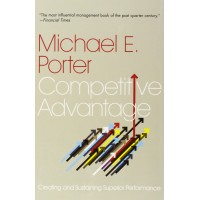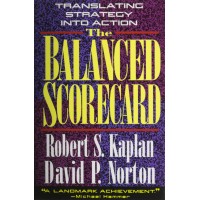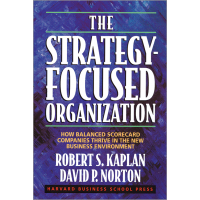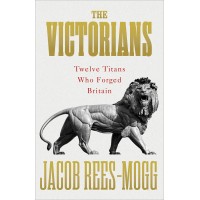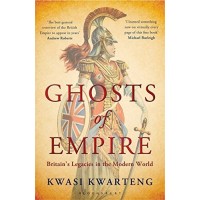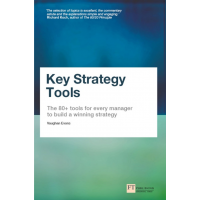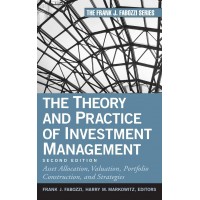Black Rednecks & White Liberals
Hope, Mercy, Justice and Autonomy in the American Health Care System
This explosive new book challenges many of the long-prevailing assumptions about blacks, about Jews, about Germans, about slavery, and about education. Plainly written, powerfully reasoned, and backed with a startling array of documented facts, Black Rednecks and White Liberals takes on not only the trendy intellectuals of our times but also such historic interpreters of American life as Alexis de Tocqueville and Frederick Law Olmsted.In a series of long essays, this book presents an in-depth look at key beliefs behind many mistaken and dangerous actions, policies, and trends. It presents eye-opening insights into the historical development of the ghetto culture that is today wrongly seen as a unique black identity–a culture cheered on toward self-destruction by white liberals who consider themselves “friends” of blacks.
An essay titled “The Real History of Slavery” presents a jolting re-examination of that tragic institution and the narrow and distorted way it is too often seen today. The reasons for the venomous hatred of Jews, and of other groups like them in countries around the world, are explored in an essay that asks, “Are Jews Generic?” Misconceptions of German history in general, and of the Nazi era in particular, are also re-examined. So too are the inspiring achievements and painful tragedies of black education in the United States.
Black Rednecks and White Liberals is the capstone of decades of outstanding research and writing on racial and cultural issues by Thomas Sowell.
About the Author
Thomas Sowell is the Rose and Milton Friedman Senior Fellow on Public Policy at the Hoover Institution. He writes on economics, history, social policy, ethnicity, and the history of ideas. His most recent books on economics include Housing Boom and Bust (2009), Intellectuals and Society (2009), Applied Economics (2009), Economic Facts and Fallacies (2008), Basic Economics (2007), and Affirmative Action Around the World (2004). Other books on economics he has written include Classical Economics Reconsidered (1974), Say’s Law (1972), and Economics: Analysis and Issues (1971). On social policy he has written Knowledge and Decisions (1980), Preferential Policies (1989), Inside American Education (1993) and The Vision of the Anointed (1995).On the history of ideas he has written Marxism (1985) and Conflict of Vision (1987). His most recent books are Barbarians Inside the Gates (1999) and The Quest for Cosmic Justice (1999). Sowell also wrote Late-Talking Children (1997). He has also written a monograph on law titled Judicial Activism Reconsidered, published by the Hoover Institution Press. His writings have also appeared in scholarly journals in economics, law, and other fields. Sowell’s current research focuses on cultural history in a world perspective, a subject on which he began to write a trilogy in 1982. The trilogy includes Race and Culture (1994), Migrations and Cultures (1996), and Conquests and Cultures (1998). Sowell's journalistic writings include a nationally syndicated column that appears in more than 150 newspapers from Boston to Honolulu. Some of these essays have been collected in book form, most recently in Ever Wonder Why? and Other Controversial Essays published by the Hoover Institution Press.
Over the past three decades, Sowell has taught economics at various colleges and universities, including Cornell, Amherst, and the University of California at Los Angeles, as well as the history of ideas at Brandeis University. He has also been associated with three other research centers, in addition to the Hoover Institution. He was project director at the Urban Institute, 1972-1974, a fellow at the Center for Advanced Study in the Behavioral Sciences at Stanford University, 1976–77, and was an adjunct scholar of the American Enterprise Institute, 1975-76. Sowell was awarded the National Humanities Medal in 2002. In 2003, Sowell received the Bradley Prize for intellectual achievement.
Sowell received his bachelor’s degree in economics (magna cum laude) from Harvard in 1958, his master’s degree in economics from Columbia University in 1959, and his PhD in economics from the University of Chicago in 1968.

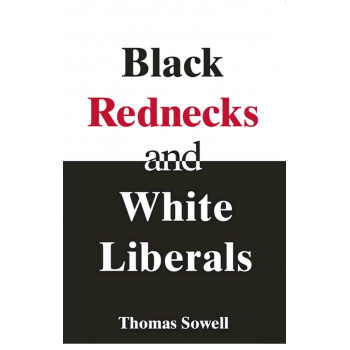
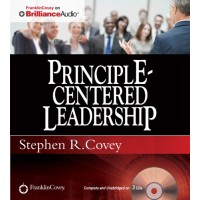

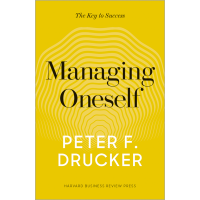
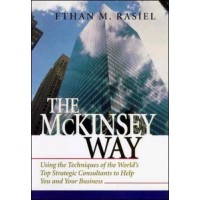
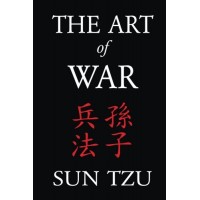

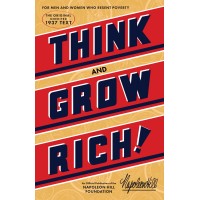
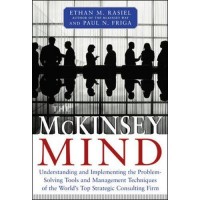

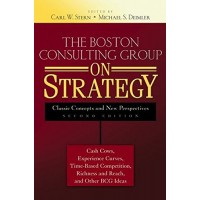
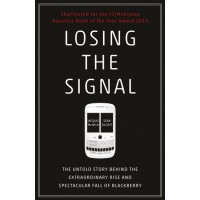



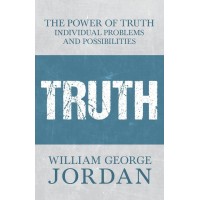
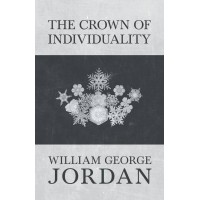
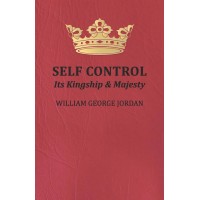

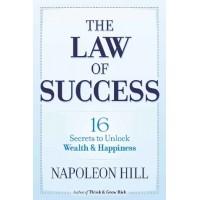
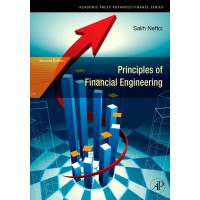
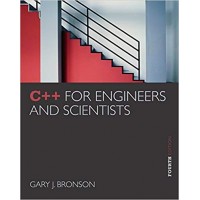
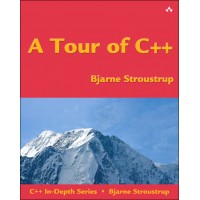

-200x200.jpg)
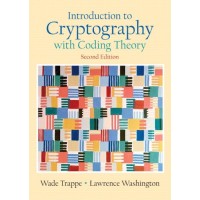
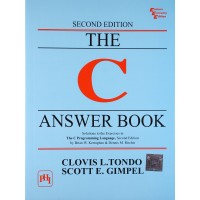
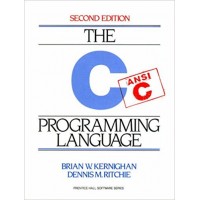
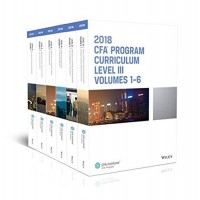
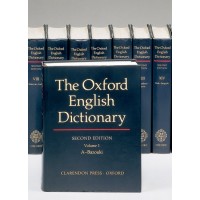

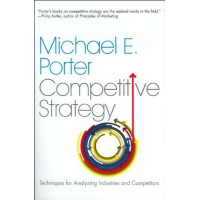


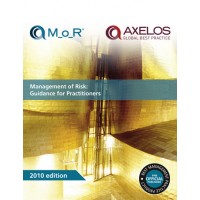

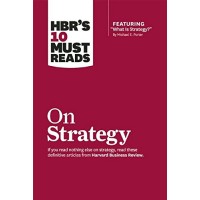

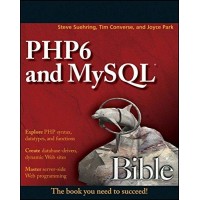
-200x200.jpg)
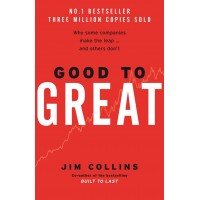
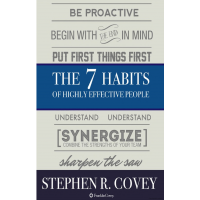
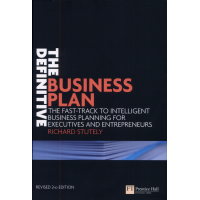
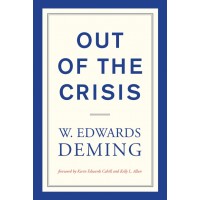
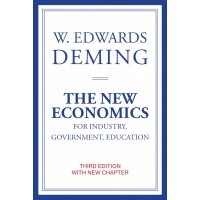
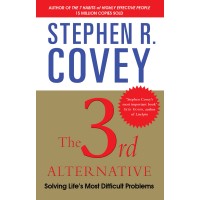
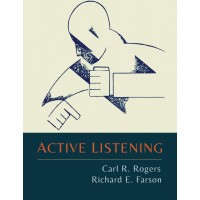
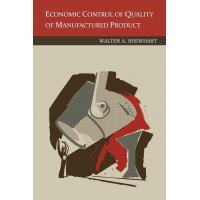
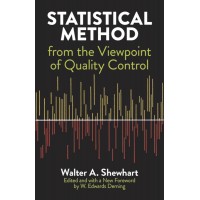
-200x200.jpg)
